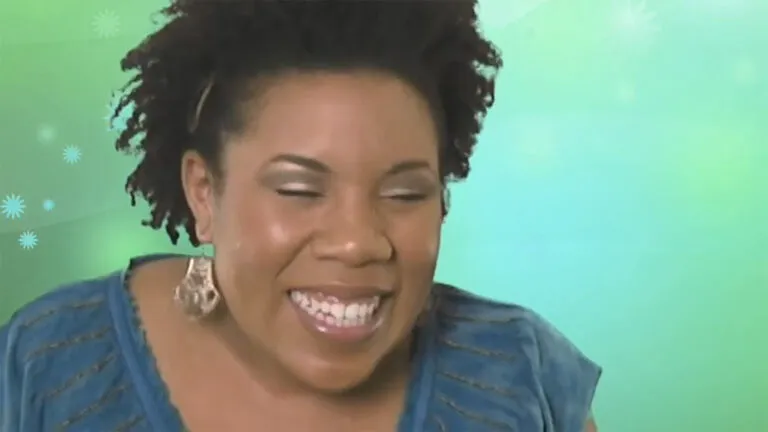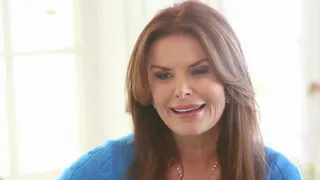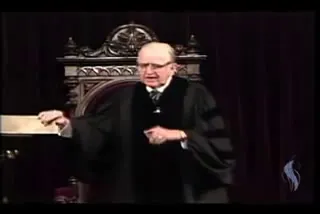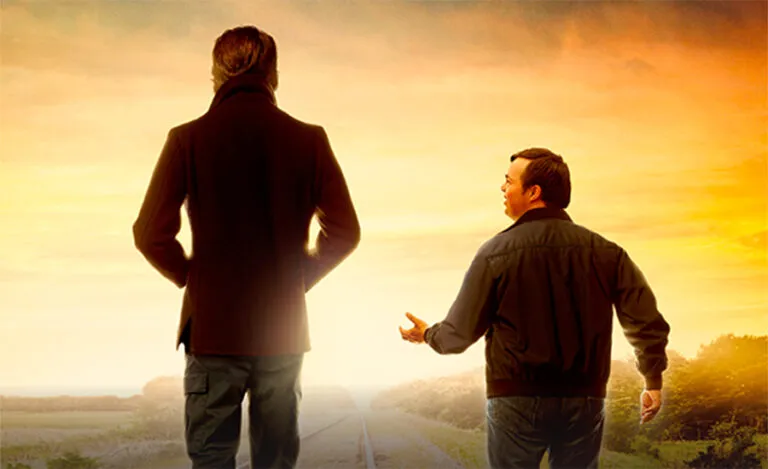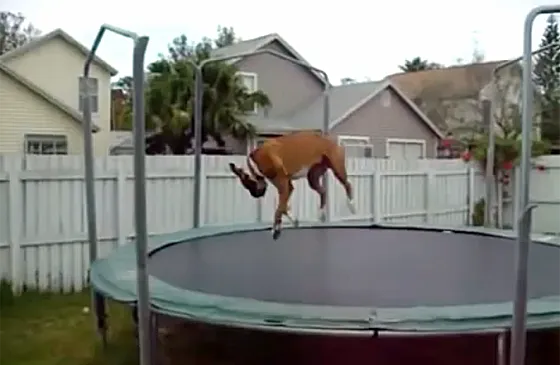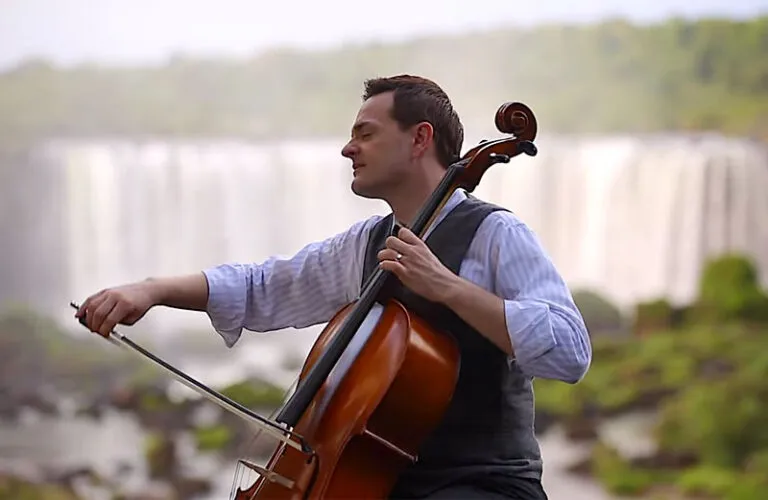
Tags
Kate Mulgrew Shares Lessons Learned from Alzheimer’s Caregiving
The acclaimed actress shares advice based on she what she learned from serving as her mother’s healthcare guardian as she dealt with Alzheimer’s disease.
View Transcript
Hello, everybody. My name is Kate Mulgrew. You may know me as an actress. I’ve been on television since I was 19 in Ryan’s Hope and then Mrs. Columbo and then Star Trek: Voyager and finally, Galina Reznikov in Orange Is the New Black. It’s been a very happy career.
But I’m here today to talk about a book that I have written called How to Forget: A Daughter’s Memoir about the deaths of my parents and also how they lived.
But what shaped them? In my mother’s case it was Alzheimer’s disease. My mother died of Alzheimer’s disease, a disease with which I’m sure many of you are familiar, unfortunately. This is a pernicious, grotesque, and very, very, very difficult disease to deal with.
I became my mother’s health care guardian. I sort of demanded this—and I would advise anyone who finds themself in this predicament to demand guardianship—because that is the only way you will have complete control over the eventualities that will befall you as a result of this awful illness. It is very good if someone in the family—the oldest daughter or the oldest son is usually the choice—becomes the health care guardian, that way conversations within the family can flow more smoothly.
I think it is very important that wherever you are, you should know that there is an Alzheimer’s chapter, a local chapter available to you with all kinds of important information. They will give you caregiver advice. They will give you progress advice. They will give you all kinds of helpful information and that could really be an anchor for you as this thing evolves, and it does, and it does quickly, and at the same time, it is a protracted and very difficult thing. As much as you can get your ducks in a row, for lack of a better way of putting it, that’s the best way to try to deal with this very, very awful disease.
Something that I find to be a problem with Alzheimer’s disease—quite outside of the disease itself, which is sufficient unto the day, rest assured ladies and gentlemen—but what happens within that fabric of the family is a tension, and pretty soon people aren’t talking to each other because somebody’s got the guardianship, or somebody’s calling the shots, or somebody wants this and somebody else wants that.
Get over it and mend those fences. If you do not work together as a collective, you cannot help your loved one who is dying of this disease, so you must work together, strongly, as a collective. And that, of course, is a tribute to the love you actually have for the person who is suffering the most—the person who is afflicted.
After my mother died—she lived for nine years from diagnosis to death—I became involved with the Alzheimer’s organization as a spokesperson, and I threw myself into the fray wanting to do whatever I could at any time, but it’s slow going because we have to raise the funds.
So, I urge anyone who is listening to this or watching this, to overcome it, whatever difficulties you have with the disease itself—mainly, mortality; mainly, not attractive; mainly, we get old and we die—to get over it. Otherwise, by 2050, one in three of us will have this disease and we really don’t want that. So, I urge everybody to get out and call your local chapter. See if you can contribute and donate in whatever way is possible for you. Thank you very much.

